Moving into a retirement home is a major life decision, yet many retirees find themselves facing unexpected challenges after the move. While retirement communities promise convenience and relaxation, the reality isn’t always as seamless as advertised. From financial surprises to lifestyle adjustments, here are 16 things retirees wish they had known before making the big move.
1. The Lifestyle Change Can Be Jarring
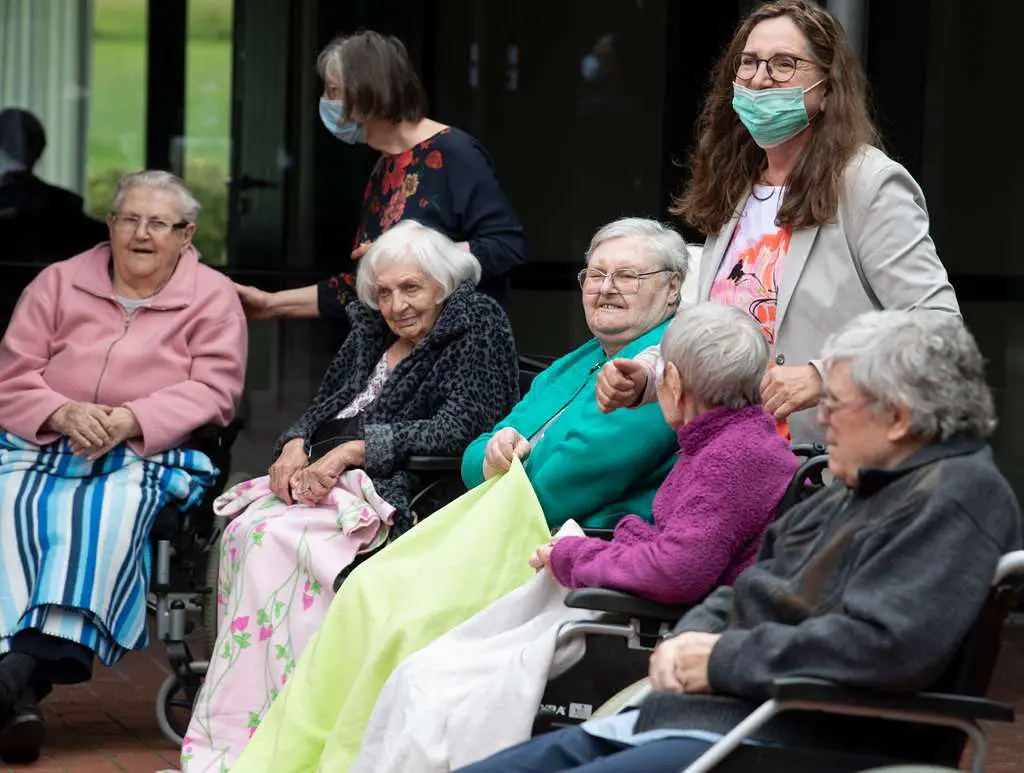
Leaving behind a longtime home and familiar routines can be more difficult than anticipated. Many retirees struggle with feelings of displacement, especially if they have lived in one place for decades. Adjusting to a new environment, even one designed for seniors, can take time and patience.
According to WebMD, retirees often underestimate the emotional impact of moving. The shift from independence to a structured living arrangement can feel restrictive at first. Those who thrive in retirement homes are often the ones who embrace change and actively participate in community life.
2. Not All Retirement Communities Are the Same
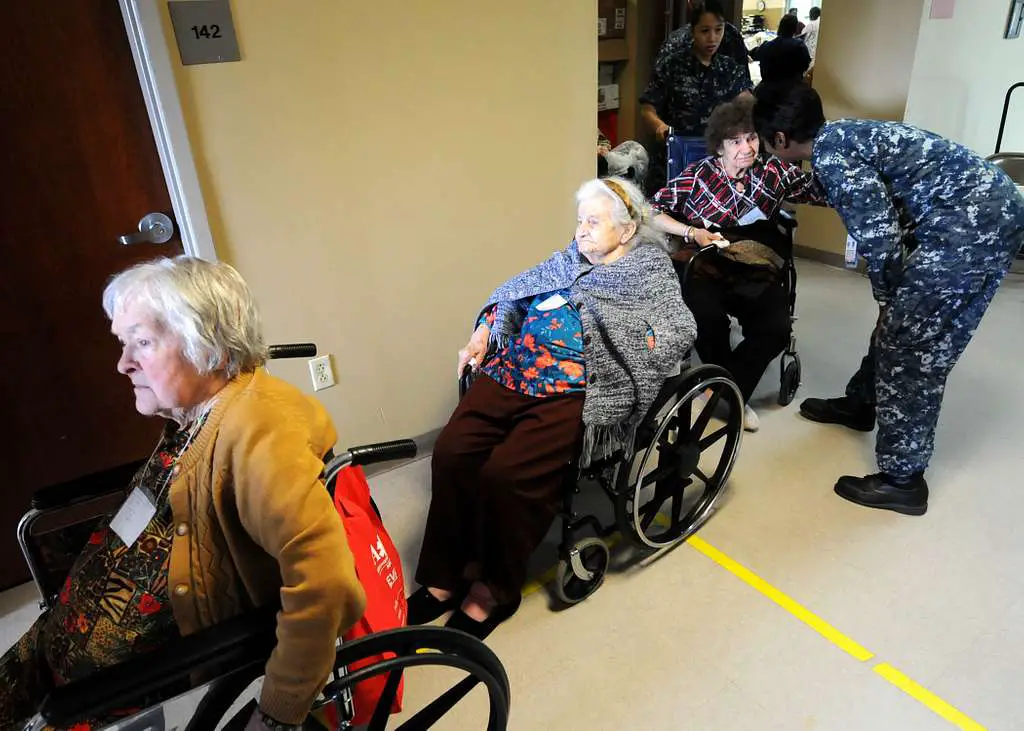
The amenities and services advertised don’t always match reality, and some communities may lack the promised level of care. Differences in management, staff quality, and community culture can significantly impact the living experience. It’s crucial to thoroughly research and visit multiple locations before making a decision.
USA Today points out that retirees should ask about resident turnover rates and staff training. High turnover among residents or employees can be a red flag for deeper issues. Speaking with current residents can also provide insight into what daily life is really like.
3. Healthcare Accessibility Is Key

While some retirement homes offer on-site medical care, others may require residents to travel for essential health services. Retirees with ongoing medical conditions need to ensure that their community provides convenient access to healthcare providers. Failing to prioritize this factor can lead to stress and unnecessary travel for medical appointments.
AARP warns that some retirement communities have long waitlists for in-house healthcare services. If a medical emergency arises, residents may have to rely on outside hospitals or clinics. Verifying the quality and availability of medical care beforehand can make all the difference.
4. The Costs Can Be Higher Than Expected

Many retirees assume that downsizing will save them money, but hidden fees and rising costs can quickly add up. Monthly service fees, HOA dues, and unexpected medical expenses often make retirement living more expensive than planned. Without proper budgeting, retirees may find themselves struggling financially despite their initial expectations.
AARP notes that many communities charge extra for services that seemed included in the base price. Housekeeping, meal plans, and recreational activities often come with additional fees. Understanding the full cost breakdown before moving in can prevent unpleasant financial surprises.
5. Social Life Isn’t Always Guaranteed

Many retirees look forward to an active social life in a retirement community, but making new friends isn’t always easy. Some communities may have cliques, or social activities might not match personal interests. Without proactive effort, retirees can feel just as lonely as they did before moving.
Even in communities with plenty of events, participation isn’t automatic. Retirees who are shy or introverted may struggle to integrate into social circles. Finding a place that aligns with one’s personality and interests is key to long-term happiness.
6. Downsizing Can Be Emotionally Difficult

Letting go of possessions and a longtime home can be a deeply emotional experience. Many retirees underestimate the sentimental attachment they have to their belongings. The process of downsizing can be stressful and overwhelming without careful planning.
Family members often play a key role in helping with the transition. Sorting through decades of memories can take longer than expected, and rushing the process can make it even harder. Taking time to part with items gradually can ease the emotional strain.
7. Rules and Regulations May Feel Restrictive

Retirement communities often have strict rules about guests, pets, and even home modifications. Some retirees find these regulations too limiting, especially if they are used to independence. Reading the fine print before signing any contracts is crucial to avoiding future frustrations.
Unexpected restrictions can make retirees feel like they have lost control over their living situation. In some cases, community rules may even dictate daily schedules and activity participation. Knowing what to expect can help retirees determine if a particular community is the right fit.
8. The Dining Options Can Be Disappointing
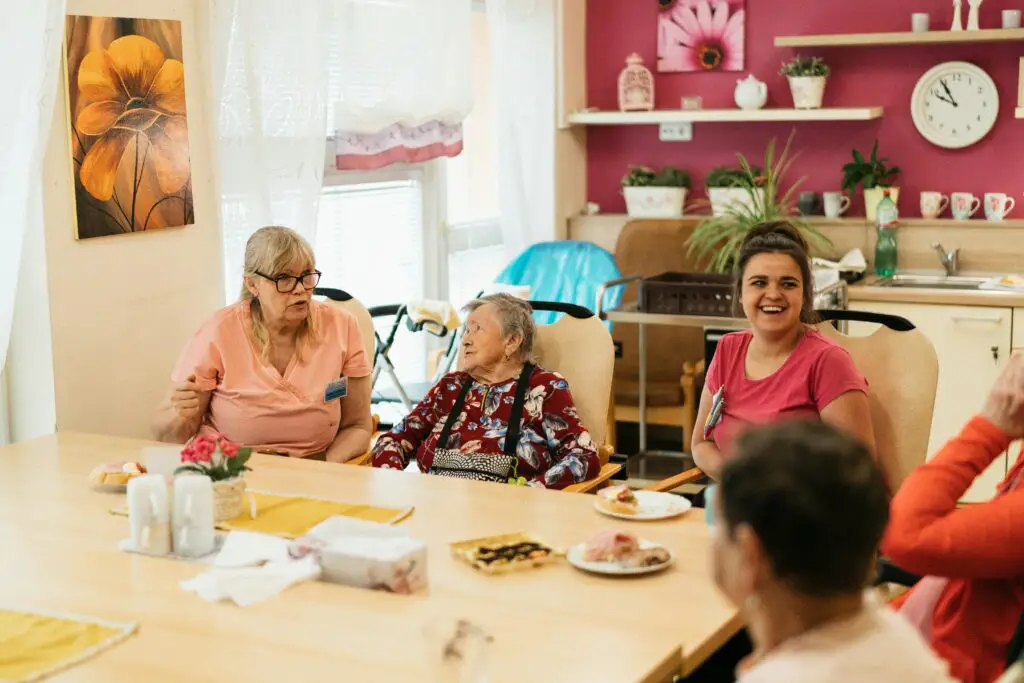
While some retirement homes boast gourmet dining, others offer repetitive menus with limited variety. Residents expecting restaurant-quality meals may be disappointed by cafeteria-style options. Nutritional value and taste can vary significantly between communities.
Special dietary needs aren’t always prioritized. Some retirees find themselves needing to supplement their meals with outside food to meet their health requirements. Touring dining facilities and sampling meals in advance can help avoid future dissatisfaction.
9. Hidden Fees Can Add Up Quickly

Beyond rent and utilities, many retirement homes charge extra for services like housekeeping, transportation, and activities. What seems like an all-inclusive package may come with a long list of add-ons. This can strain budgets, especially for those on fixed incomes.
Some communities also increase rates yearly, catching residents off guard. Planning for these potential cost hikes can prevent unexpected financial hardship. Asking detailed questions about pricing structures can provide clarity before making a commitment.
10. The Community Atmosphere May Not Be the Right Fit

Every retirement home has its own culture, and not all retirees feel at home in every setting. Some communities may cater to highly active seniors, while others focus more on quiet relaxation. Finding the right social and lifestyle match is crucial for long-term happiness.
Even within a well-reviewed community, personalities may clash. Residents who value privacy might struggle in places with a strong emphasis on group activities. Visiting multiple times and talking to current residents can help gauge the atmosphere.
11. Selling a Home Isn’t Always Easy

Many retirees count on selling their longtime home to finance their move, but the real estate market doesn’t always cooperate. A slow market, unexpected repairs, or pricing miscalculations can delay sales and cause financial stress. Some retirees find themselves juggling two properties longer than expected.
The emotional attachment to a longtime home can also make selling difficult. Many retirees struggle to part with a house filled with decades of memories. Planning ahead and working with a real estate professional can make the transition smoother.
12. Family Visits May Be Less Frequent Than Expected
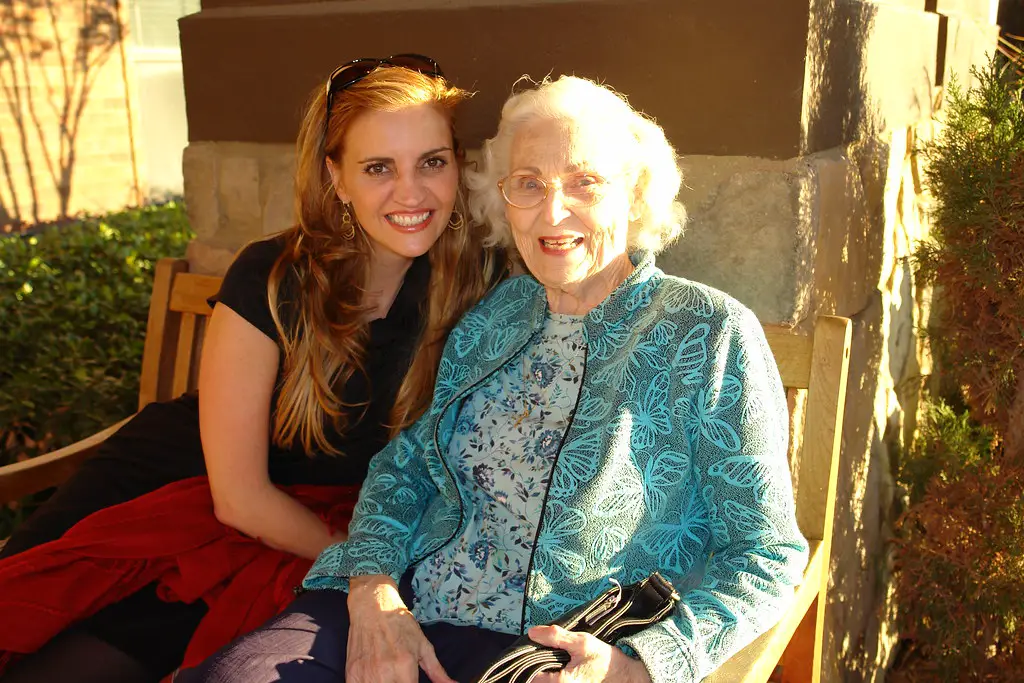
Some retirees move into a community expecting frequent visits from children and grandchildren, only to find that life gets in the way. Distance, busy schedules, and personal obligations can make family visits less common than anticipated. This can lead to feelings of loneliness or disappointment.
While video calls and social media can help bridge the gap, they may not replace in-person interactions. Retirees who prioritize family time should consider living closer to loved ones instead of relying solely on visits.
13. Adjusting to Smaller Spaces Takes Time

Moving from a large home to a smaller unit in a retirement community can be a major adjustment. Storage space is often limited, and retirees may struggle to find room for sentimental belongings. The shift from multiple rooms to a compact living area can take time to feel comfortable.
Creative storage solutions and decluttering strategies can help ease the transition. However, for retirees used to expansive homes, downsizing may initially feel confining. Testing out a smaller space before committing can provide valuable insight.
14. Emergency Preparedness Varies by Community

Not all retirement homes have the same level of emergency preparedness. Some may lack clear evacuation plans, while others may not have adequate medical response services. Residents need to research how well a community handles emergencies like power outages, extreme weather, or health crises.
Asking about emergency procedures and response times can help retirees feel more secure. It’s also important to check if staff members are trained in first aid and medical emergencies. Being informed can make all the difference in a crisis.
15. The Initial Adjustment Period Can Feel Lonely
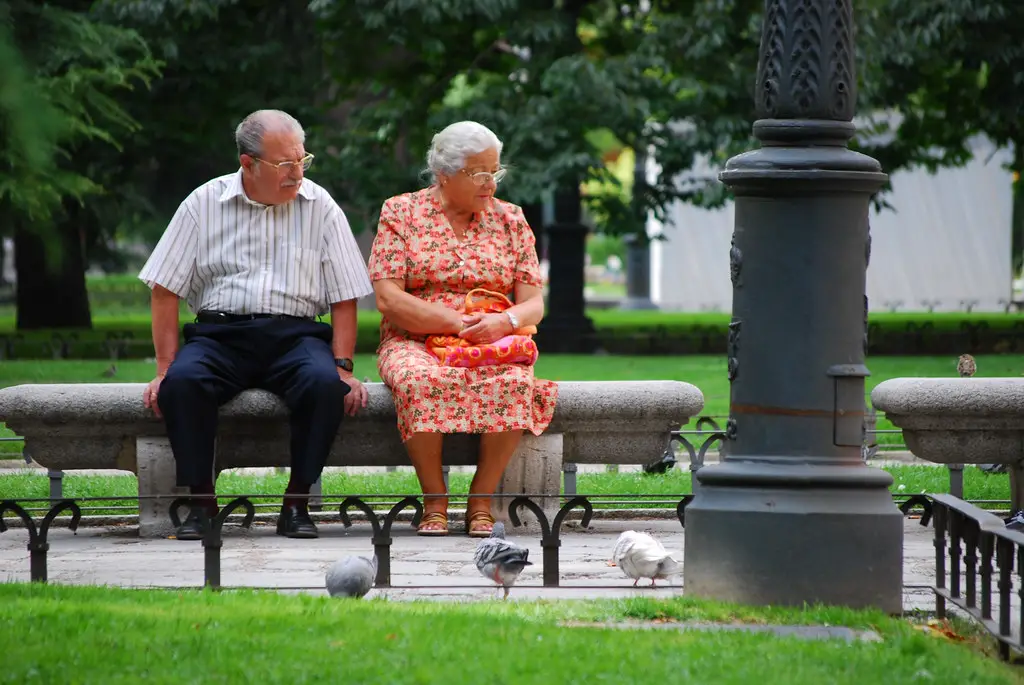
Moving into a retirement home can be an isolating experience, especially for those leaving behind a longtime community. Even in a social environment, it can take time to form meaningful connections. Some retirees feel out of place at first and struggle to find their social footing.
Patience and effort are key to building new relationships. Attending community events, joining clubs, and participating in activities can help retirees feel more at home. Finding ways to stay engaged can turn a lonely transition into a fulfilling new chapter.
16. Some Retirees Regret Moving Too Soon
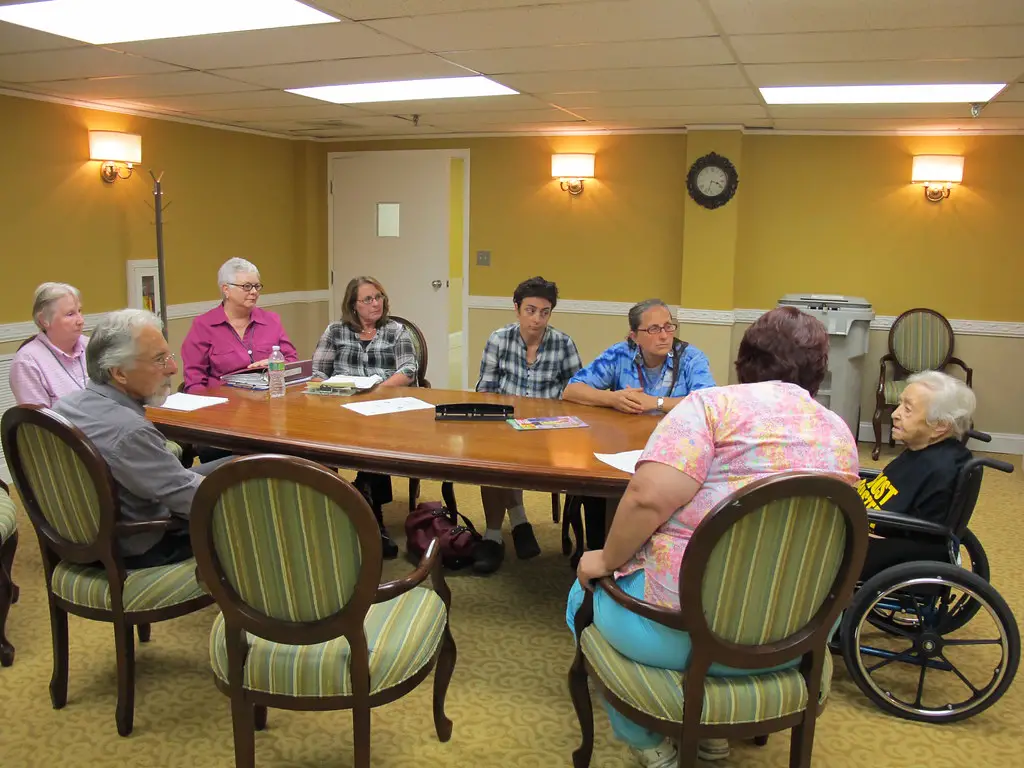
While planning ahead is important, some retirees move into retirement homes earlier than necessary and later regret their decision. A loss of independence, a change in lifestyle, or the realization that they weren’t ready can lead to second thoughts. Some even consider moving back to a traditional home.
Taking time to weigh all options can prevent premature decisions. Trial stays and rental arrangements can offer a sense of what retirement living is really like before making a permanent commitment. Retirees should ensure they are emotionally and financially ready for the change before taking the plunge.
